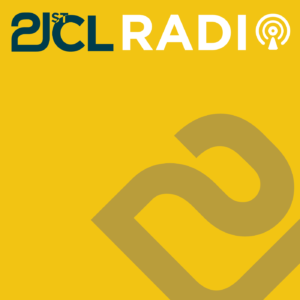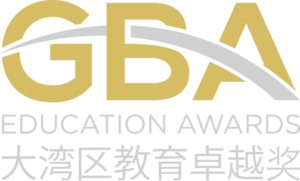In this rich academic model for experiential education, students learn skills and gain confidence by solving real-world problems in teams. We have trained more than 90 public and private school educators to develop their own entrepreneurship and problem-based programs. They are successfully implementing this model in a variety of K-12 courses such as entrepreneurship, science, humanities, engineering, technology and global studies.
Hawken Innovation Journey
Believe traditional education is no longer doing the job? That we need new models for academics to better prepare our students for the crazy different world they’re entering?
Today, getting information is easy but figuring out what information matters most and deciding how to use it is not. Tons of new research tells us what is fast becoming common knowledge, that we need a new workforce armed with what we call 21st century skills: the ability to solve complex problems, think critically, process analytically, communicate effectively and produce collaboratively.
Most of us now agree that schools need to do a better job equipping our students with the skills they need. But schools were designed with the objective that everyone learn specific content. And while the world is interdisciplinary, schools are not. They’re not set up to teach skills. And agreeing on goals doesn’t help us figure out how to achieve them. Choosing to implement PBL (Project-Based Learning), add a STEM program or build a Fab Lab isn’t the hard part. It’s successful, replicable implementation that’s tough.
It was about six years ago and I had recently joined Hawken School as its associate head when Scott Looney, Hawken School’s head of school, asked me if I wanted to create an entrepreneurship course. I had spent 15 years as an engineer-turned-software entrepreneur, followed by 14 years a math teacher. Entrepreneurship is about how to turn ideas into successful, scalable realities – entrepreneurship is about problem-solving. I excitedly agreed because I wanted to create a course where students worked on real world problems to master real world skills. Where students learned HOW to think, not what to think.
The course has been transformative for our students, but the story of its development is filled with lessons about the challenges of making change in schools.
Fear of failure stifles creativity and creates political, unhealthy organizations. Encouraging experimentation means to expect and allow failure as a natural part of the process. But creating a culture of experimentation is terrifically difficult. In schools as in businesses, I call just about everything new a pilot. Piloting something means trying it out. Once. If you pilot something and it doesn’t go so well (or doesn’t go at all), it’s taken as a matter of course instead of as a catastrophe.
The first year was the pilot year. Although the goal was for the class ultimately to be a 3 credit honors immersion course, we wanted to give ourselves a year to experiment so we made the pilot an elective class that gave students a non-honors Economics credit (not in any of our academic departments), out of the spotlight and with low stakes.
In the next year, we offered the semester immersion course. We needed 16 students to fill the course each semester. Though it has expanded considerably in the last couple of years, entrepreneurship education as a K12 academic course was virtually non-existent in the US at the time. I knew that the course would be incredibly rigorous and the learning would be highly academic, but most people assumed the opposite – an entrepreneurship class would be all about pitch competitions and marketing small businesses (translation: really fun but all sugar and no substance).
Hawken is a progressive school, but it is also a very high performing school with rigorous academic standards organized around content areas (disciplines). In the beginning, faculty and college counselors had a difficult time accepting the idea of an entrepreneurship class for academic credit, let alone for honors credit. Further, taking the Entrepreneurial Studies semester course would mean a student could take fewer AP classes. In the early years of the program, many assumed that it was risky and downright unwise for our high school students to spend 3 semester credits on an entrepreneurship class. We were not at all confident that we would have enough interest to fill our first two semesters of the immersion course.
So for the first year of semester classes, the politics were high and the demand was not: we had just enough students apply to fill the classes.
The basic design of the course is that we find real businesses with real and urgent startup type problems who are willing to let a bunch of high school students work on them. In each semester, we find 2 or 3 problems for students to solve, each time on a new team. Having learned foundational methodologies and a great deal of skills by working on the business problems, in the final part of the course students choose problems they want to solve, form their own teams, and create their own businesses to solve them.
The problems are complex and as-yet unsolved. Students work on teams to solve real problems like: how to go to market with a new health care product. How to reach new markets with a technology product. How to grow a dental insurance business. How to launch a new fast-casual Indian restaurant.
Getting information is not difficult: data is virtually limitless. But faced with a real but unfamiliar problem that has no teacher-generated roadmap (or as we put it, no recipe), a looming deadline to present something of quality to people who know the subject matter, and a team that has to produce together, the greatest challenge and therefore the focus of student work becomes process: how should we decide what questions we should work to answer next? How should we structure our work to iterate efficiently, revising as we learn new? How can we deploy our team resources to maximize our productivity and results?
Seeing student after student emerge from the course citing (and demonstrating) transformative growth in skills and confidence, Hawken’s community began to warm to the idea of this strange course. Demand for the course has exploded, leaving us now with the problem of having many more students apply for the course than we can accommodate.
In 2014, we created the Hawken Educators Workshop with the encouragement and support of entrepreneur and academician Steve Blank. Steve Blank developed the Lean LaunchPad®, a methodology that is used by major organizations like the National Science Foundation, universities like Stanford and is one of the core elements used in our program.
Since that first workshop three summers ago, we’ve continued to codify our academic systems to share with others: the curriculum, foundational methodologies, toolkit, resources, assessments, instructional practices. Through training and implementation coaching, we prepare teachers to develop their own entrepreneurship and real world problem-based courses.
At Hawken, we have developed other courses using these methods and to date, we’ve trained over 150 educators from schools across the globe who have created their own successful programs in entrepreneurship, science, humanities, social justice, creativity, coding.
Read more at www.hawkenentrepreneurs.org
Doris Korda is associate head of school and director of entrepreneurial studies at the Hawken School, an independent, coeducational college preparatory day school in Northeast Ohio.





